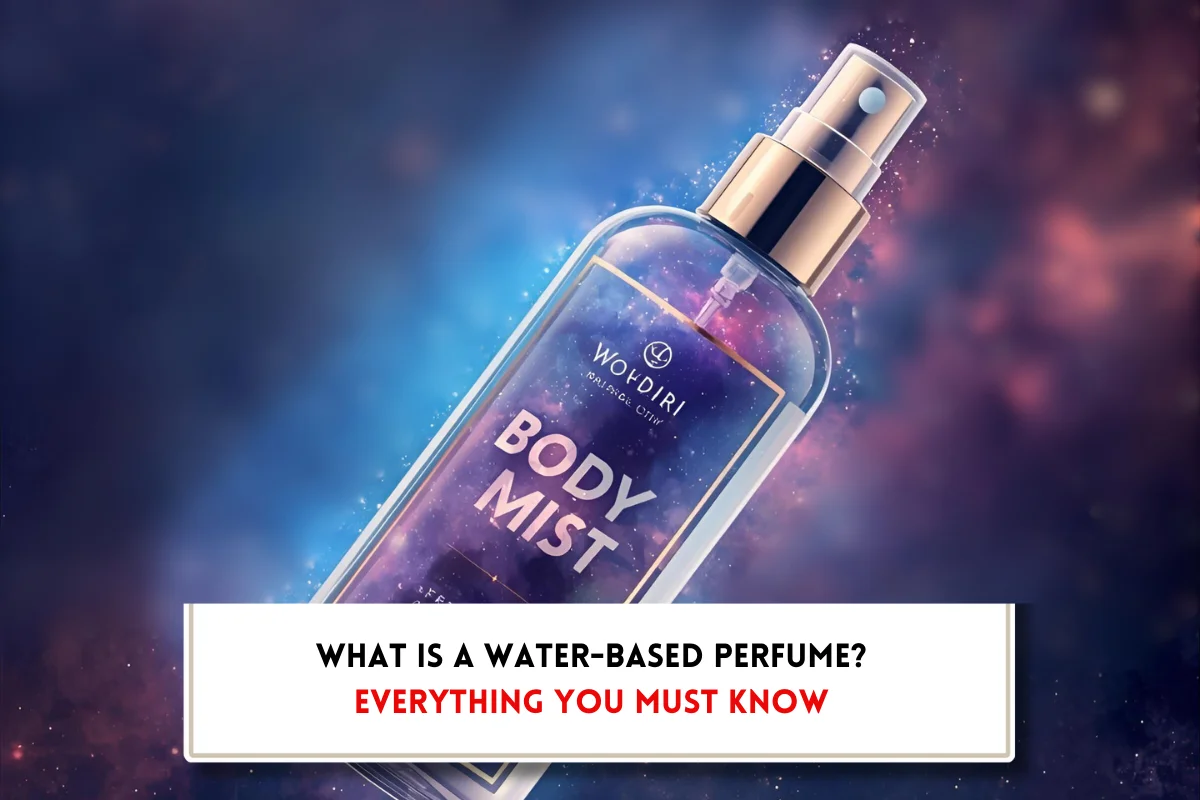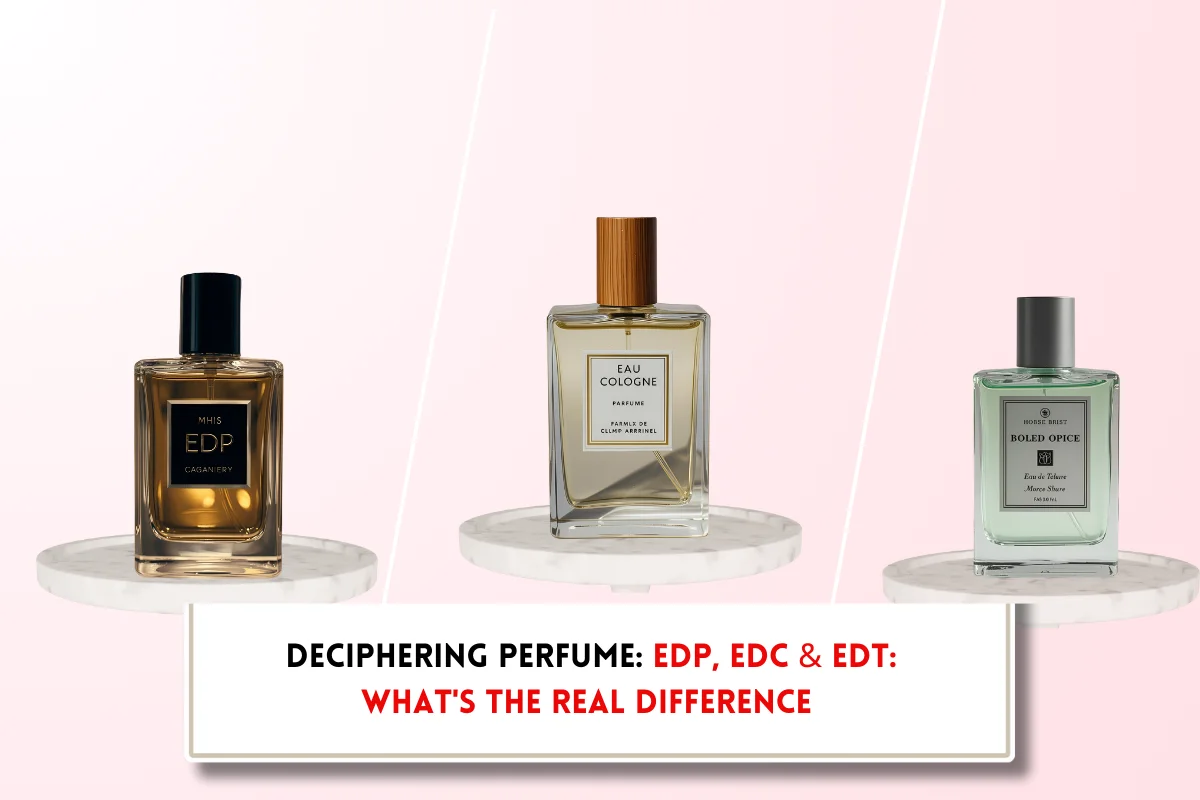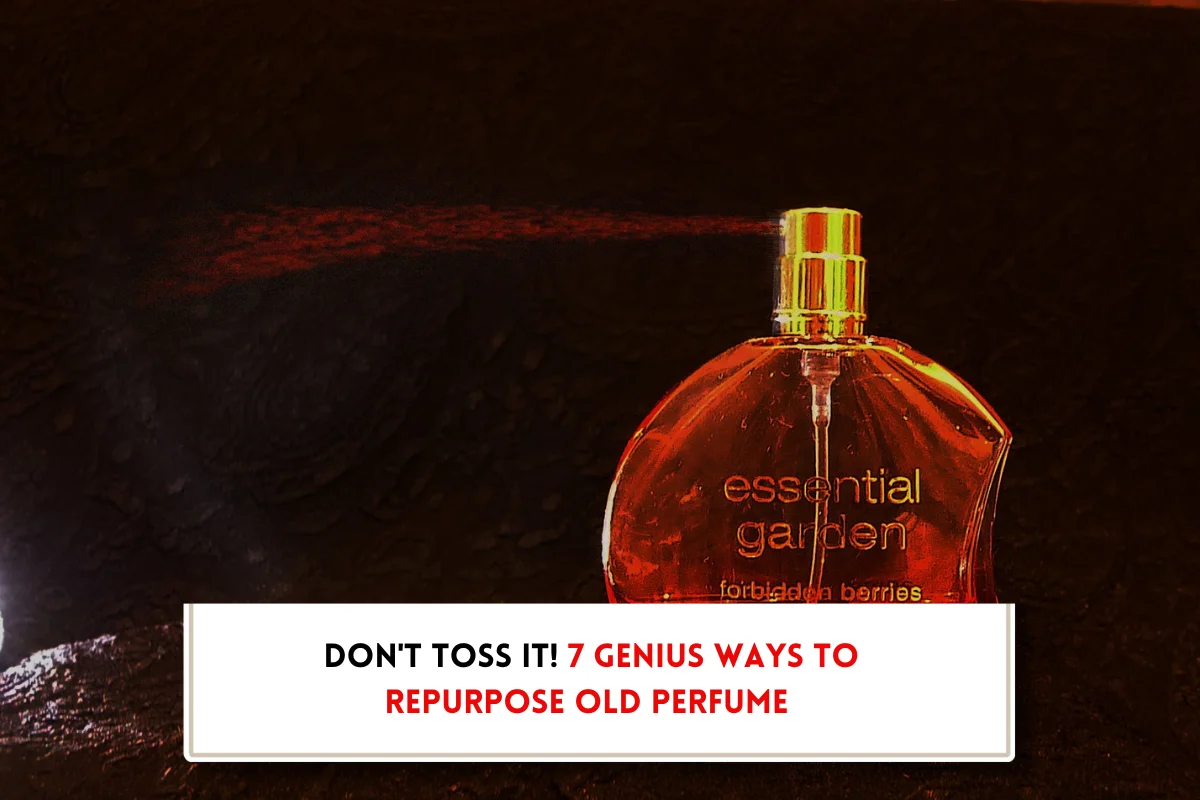Should I brush my hair in the shower?
At BeautyCaters, our expert team independently curates every recommended product. Purchases through our links may earn us a commission. Explore our transparent selection process.
As a professional hairstyli“Brushing your hair in the shower”-a good or bad idea? While some people love it, others think it’s a no-no. So, what’s the ultimate truth. Should I brush my hair in the shower? We’ve got the answers. Scroll to see if this shower habit is right for you.

The benefits of brushing hair in the shower
The question of whether to brush your hair in the shower has been debated for years. While some believe it’s beneficial, others argue that it can cause damage. Let’s explore the pros and cons to help you make an informed decision.
The benefits of brushing hair in the shower
Your hair is at its most vulnerable when wet, which is why it’s important to handle it with care. Brushing your hair in the shower may seem like an extra step in your hair care routine, but it can actually offer several benefits that can result in healthier, more manageable hair.
- Easy detangling: When wet hair tangles and knots easily. Brushing your hair in the shower with a wide-tooth comb or a specially designed detangling brush can help to gently separate the strands and remove any knots or tangles. This prevents breakage and minimizes the amount of hair that is pulled out during the detangling process.
- Better product distribution: When you brush your hair in the shower, your shampoo, conditioner, and other hair treatments penetrate deeper into your hair follicles. This ensures every strand of hair benefits from the conditioning properties of the product, leaving your hair feeling soft and nourished. This is especially beneficial for those with thick or curly hair, which can be difficult to fully coat with products.
- Improved scalp health: Brushing stimulates blood flow to the scalp, promoting hair growth and reducing dandruff. Regular scalp stimulation can also help to unclog hair follicles, preventing ingrown hairs and other scalp issues.
- Natural oil distribution: Brushing can help to distribute natural oils from your scalp throughout your hair, providing a healthy shine and moisture. This can be particularly beneficial for those with dry or frizzy hair.

Also read: Should you brush curly hair?
The risks of brushing in the shower
Even though brushing your hair in the shower may seem like a convenient time-saver, there are several risks and drawbacks to consider before making it a regular part of your hair care routine.
- Hair breakage: When your hair is wet, it is more susceptible to breakage. Brushing wet hair lead to stretching and snapping, especially if you are using a brush with bristles that are not designed for use on wet hair. Additionally, the extra weight of the water can cause added tension on the strands, increasing the likelihood of breakage. If you have tangles or knots, aggressively brushing through them in the shower can also contribute to damage and breakage.
- Scalp health concerns: Brushing your hair in the shower also pose risks to your scalp health. The combination of water and vigorous brushing can disrupt the natural balance of oils on your scalp, potentially leading to dryness or irritation. This can be concerning for individuals with sensitive scalp or scalp conditions such as eczema or psoriasis.
- Scalp irritation: If you have a sensitive scalp, brushing can cause irritation or discomfort. This is more likely to occur if you use a harsh brush or brush too forcefully. Additionally, if you are using a shampoo or conditioner with harsh chemicals, the brushing motion may spread these products more extensively on your scalp, which could cause further irritation.
Tips for brushing your hair safely
- Use a wide-tooth comb: This will help prevent breakage and reduce friction.
- Be gentle: Avoid brushing too hard, especially when your hair is wet.
- Condition first: Applying conditioner before brushing can help protect your hair from damage.
- Don’t brush excessively: Brushing too often can also lead to damage, so it’s important to find a balance that works for your hair.
Best practices for shower brushing
To maximize the benefits of brushing your hair in the shower and minimize potential risks, follow these best practices:
Choose the right tools
- Wide-tooth comb or shower brush: Opt for tools with flexible bristles designed for wet hair to prevent breakage.
- Avoid harsh brushes: Regular hairbrushes can be too rough on wet strands, leading to damage and frizz.
Minimize damage
- Conditioning: Apply conditioner before brushing to soften and detangle your hair.
- Gentle detangling: Start at the ends and work your way up to the roots, using gentle, downward strokes.
- Avoid tugging: Be patient and avoid pulling or tugging on your hair, as this can lead to breakage.
With these guidelines, you can safely enjoy the benefits of brushing your hair in the shower while maintaining its health and appearance.
Alternatives to brushing in the shower
Not a fan of brushing your hair in the shower? Here are some alternatives for detangling and managing your hair:
Post-Shower Care
- Gentle detangling: Use a wide-tooth comb to gently detangle your hair, starting from the ends to minimize breakage.
- Leave-in conditioner: Apply a leave-in conditioner to add moisture and make brushing easier.
- Gentle brushing: Brush with long, gentle strokes to avoid pulling or tugging on your hair.
Pre-Shower Detangling
- Detangling products: Use a detangling spray or serum to soften knots and tangles.
- Wide-tooth comb or detangling brush: Gently work through knots before showering.

Final Word:
Brushing your hair in the shower can help detangle and distribute conditioner evenly, it’s important to be gentle to avoid damaging your hair. If you have curly or wavy hair, consider using your fingers to detangle instead of a brush. And remember, always use a wide-tooth comb when brushing wet hair to prevent breakage. Ultimately, the best approach is to listen to your hair and find what works best for you.










